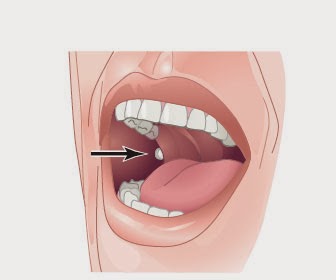
“One Flew Over the Cuckoo’s Nest would have never seen the light of the day” (Andrews, 2016).
Ken Kesey, the author of One Flew Over the Cuckoo’s Nest, was a very interesting man. He considered himself a great leader “of the counterculture and beat generation” (Cobra, 2014). He was born September 17, 1935, and he, from a young age, loved reading and boxing/wrestling. He went to further his education at Standford University, and later he married Faye Haxby (Cobra, 2014); (“Ken Kesey Biography,” 2019).
As Kesey grew older, he “experienced a dramatic life change,” where he took place in experiments (“Ken Kesey Biography,” 2019). These experiments where Psychedelic drug experiments known as “Project MKUlta” (Andrews, 2016). Kesey took many different psychedelic drugs including but not limited to LSD, cocaine, and mushrooms. These drugs are have said to played a major role in his life, altering who he was and what he wrote about (Andrews, 2016); (Cobra, 2014); (“Ken Kesey Biography,” 2019).

After being a “medical guinea pig,” and sometimes participating in the sometimes illegal “Project MKUlta,” the author produced his first and most well-known work, One Flew Over the Cuckoo’s, (Andrews, 2016). Many of the ideas from the story came from parts on the MKUlta Project. Kesey continued these experiments later into his life, even after completing the writing of OFOCN (Andrews, 2016).
Works Cited
Andrews, S. (2016, December 20). Ken Kesey was Part of Psychedelic Drug Experiment. Retrieved January 28, 2019, from https://www.thevintagenews.com/2016/12/20/ken-kesey-was-part-of-psychedelic-drugs-experiments-before-he-wrote-one-flew-over-the-cuckoos-nest/
Corba, L. (2014, September 15). Ken Kesey, Writer of the Counterculture and Beat Generation. Retrieved January 28, 2019, from https://blog.bookstellyouwhy.com/ken-kesey
Ken Kesey Biography. (2019). Retrieved January 28, 2019, from https://www.notablebiographies.com/supp/Supplement-Ka-M/Kesey-Ken.html



